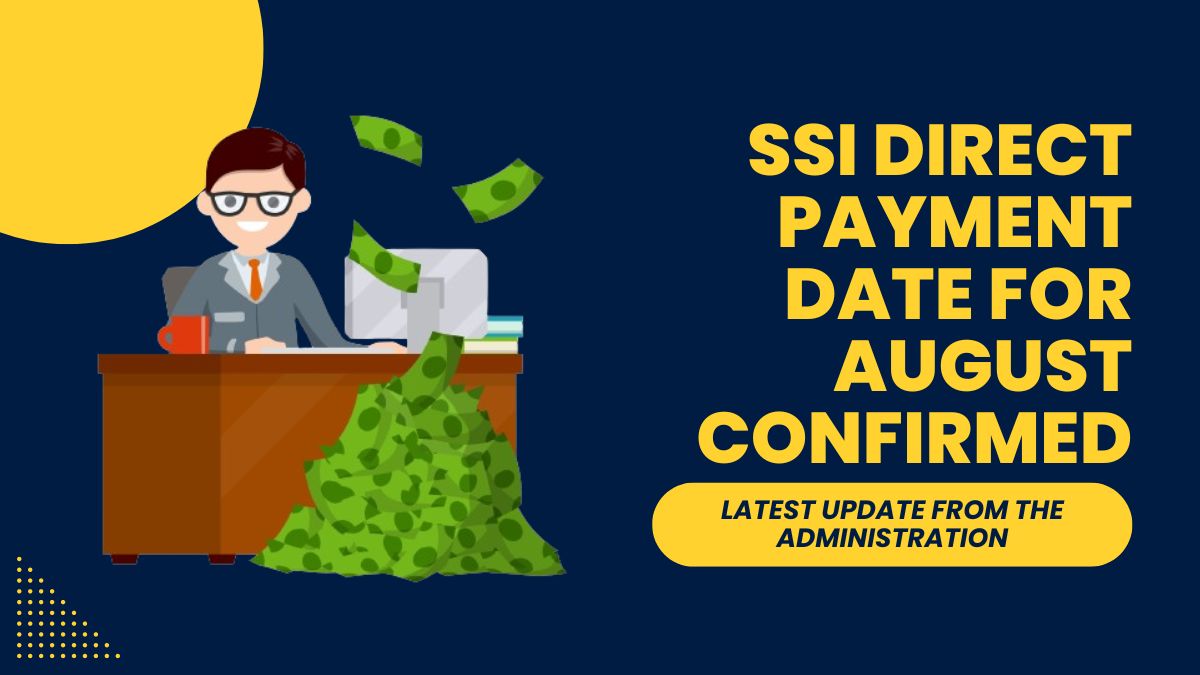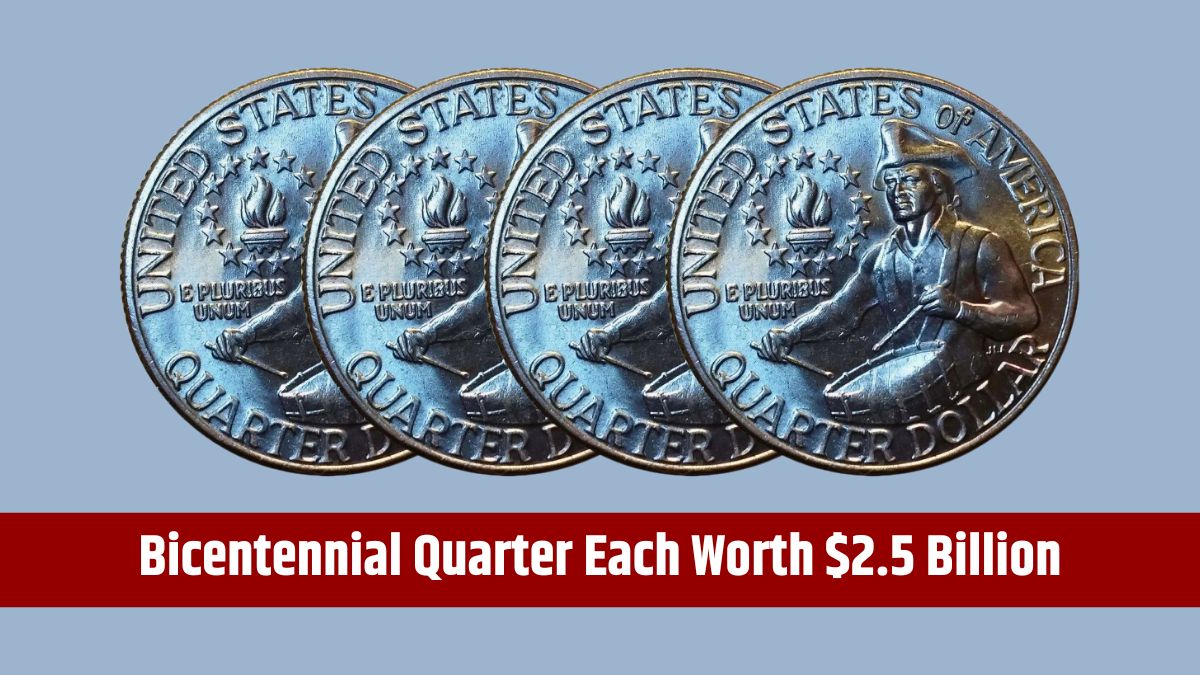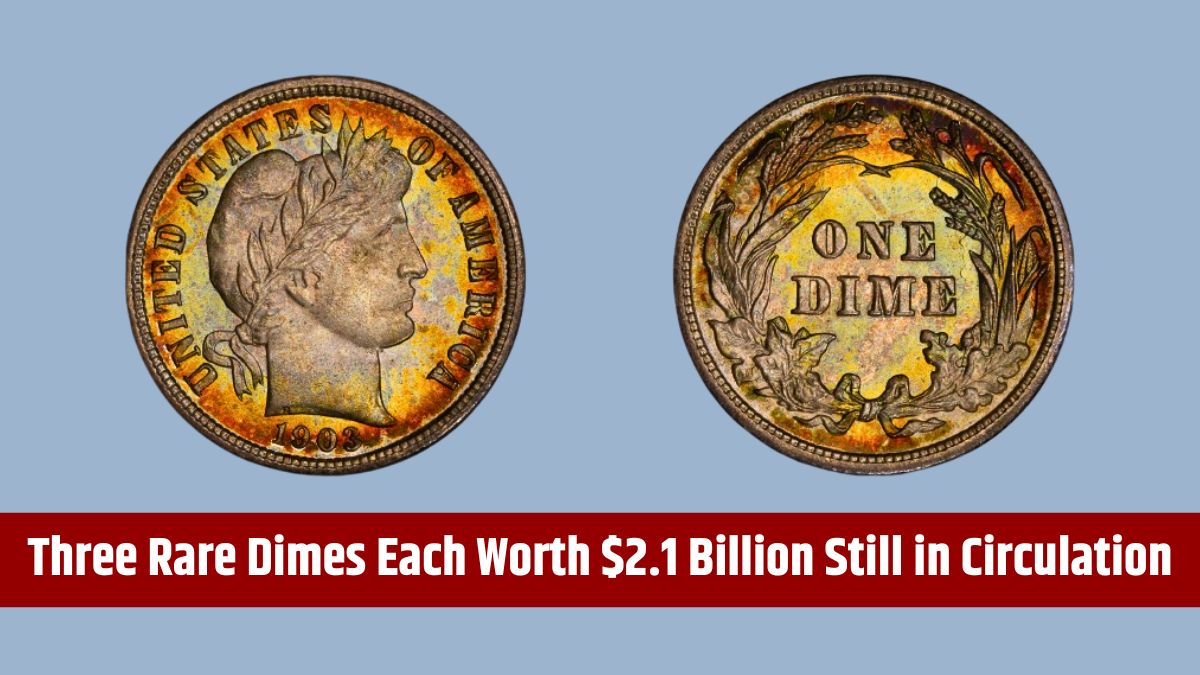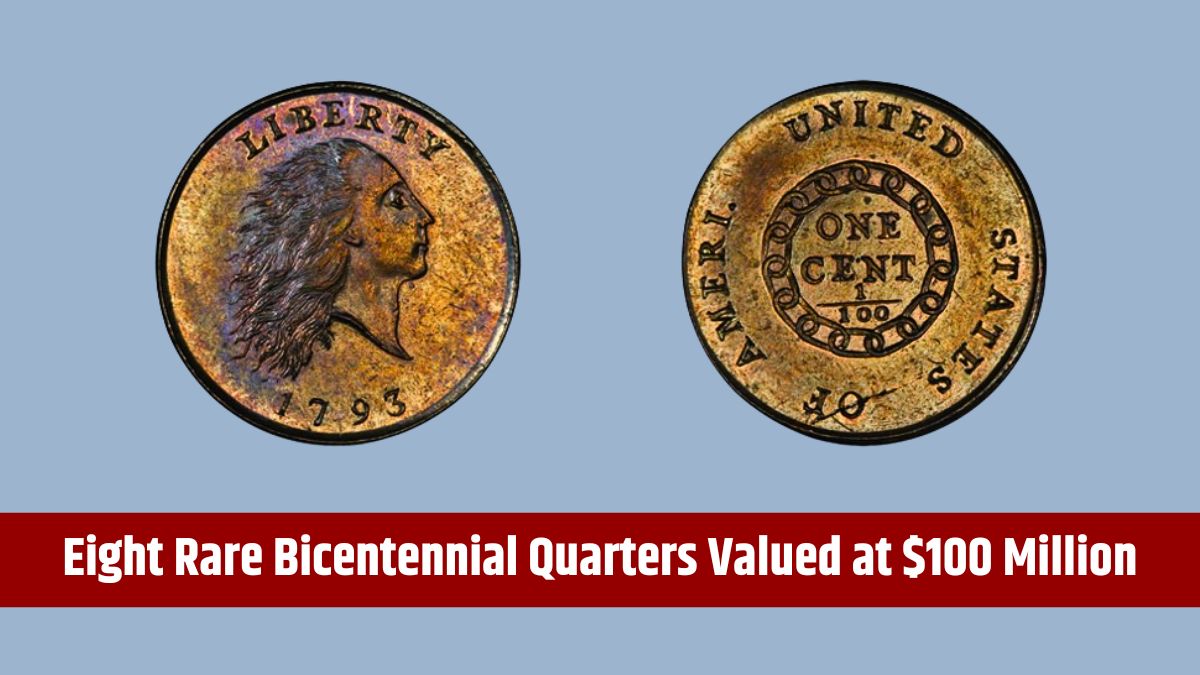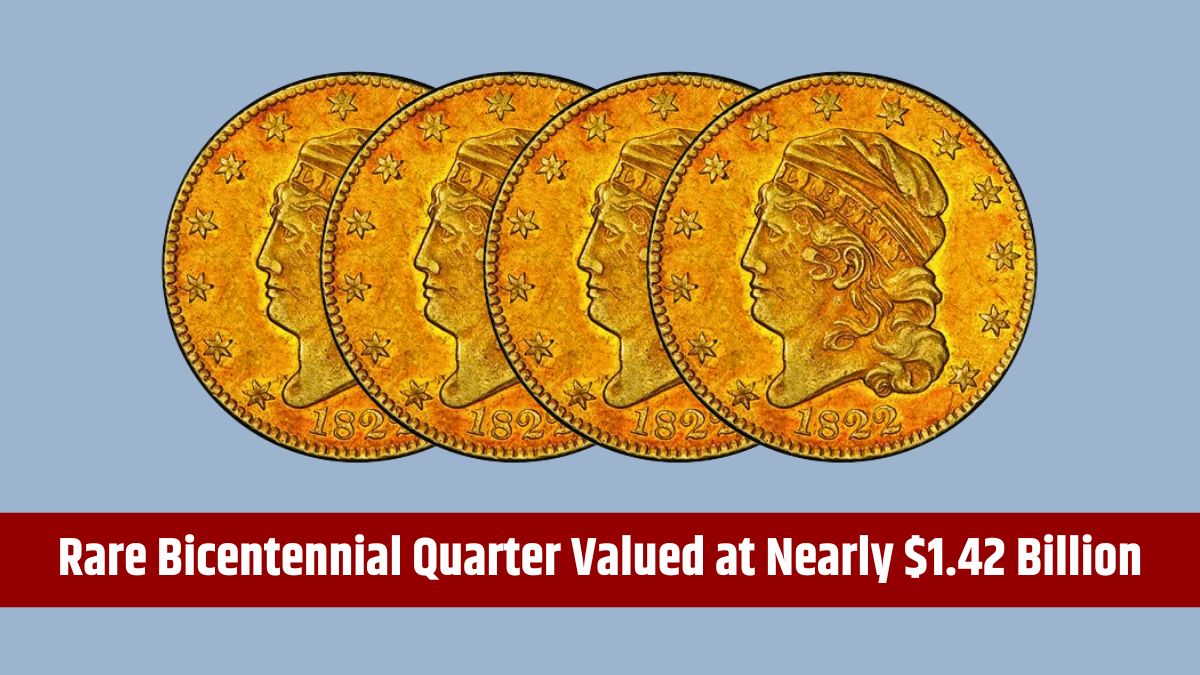The Social Security Administration (SSA) has recently confirmed a new Supplemental Security Income (SSI) direct payment for recipients, scheduled for Friday, August 30th. This extra payment is being issued due to the first of September falling on a weekend, which necessitates an early disbursement.
If you are currently receiving SSI benefits, it’s essential to be aware of the upcoming payment schedule, eligibility criteria, and other important details regarding your monthly benefits.
Payment Dates
SSI beneficiaries usually receive their payments on the first day of each month. However, when the first day falls on a weekend or a federal holiday, the SSA reschedules the payment for the last business day before that date. This scheduling quirk means that in August, beneficiaries will receive two payments: one on August 1st and an additional one on August 30th, which substitutes for the September 1st payment. Here’s a breakdown of the upcoming confirmed SSI payment dates:
- Thursday, August 1st
- Friday, August 30th (Instead of September 1st)
- Tuesday, October 1st
- Friday, November 1st
- Friday, November 29th (Instead of December 1st)
If your payment does not arrive on the expected date, it’s advised to wait at least three mailing days before contacting SSA Customer Service. The delay could be due to your bank’s processing time, so it’s essential to give it a few days before raising concerns.
Eligibility
To qualify for SSI direct payments, individuals must meet specific income and resource thresholds. The program is designed to assist low-income seniors over 65, disabled individuals, and children facing financial difficulties. Here are the key eligibility requirements:
- Income Limits: Individuals must have countable income below $2,000, while couples must have less than $3,000.
- Resource Limits: This includes savings, property, and other assets that are not essential for daily living.
- Qualifying Individuals: Seniors aged 65 or older, disabled individuals of any age, and children from low-income households are eligible to receive SSI.
Given these criteria, SSI is an essential financial lifeline for many who struggle to meet basic living expenses.
Payment Amounts
SSI payments vary depending on the individual’s circumstances, but on average, recipients can expect around $658 per month. However, those who qualify as individuals or couples may receive up to $943 and $1,415 per month, respectively. Due to the extra payment in August, beneficiaries will receive higher amounts this month:
- Individual Recipients: $1,316 (two payments of $658)
- Couples: $2,830 (two payments of $1,415)
These additional funds can provide much-needed relief for beneficiaries, helping them cover essential expenses as the cost of living continues to rise.
Tax Implications
One common question among SSI beneficiaries is whether their benefits are taxable. The good news is that SSI payments are not subject to federal income tax. The IRS has clarified that because SSI is funded by the federal government and not Social Security taxes, it remains non-taxable. This distinguishes SSI from other Social Security benefits like retirement, survivor, and disability benefits, which can be taxed if your income exceeds certain thresholds.
For example, Social Security retirement or SSDI benefits may be taxed if your combined income exceeds $25,000 for individuals or $32,000 for joint filers. Up to 85% of these benefits could be subject to taxation under certain conditions. Therefore, if your only source of income is SSI, you won’t have to worry about paying taxes on your benefits.
However, if you receive Social Security retirement or disability benefits in addition to SSI, it’s crucial to know how your income could affect your tax liability. In such cases, consulting a tax professional might help you avoid unexpected tax bills.
Knowing these aspects of SSI payments is vital for managing your benefits effectively. Whether you’re keeping track of payment dates, ensuring you meet eligibility criteria, or knowing the tax implications, being informed can help you make the most of the support SSI provides.
FAQs
When will I receive my next SSI payment?
Your next payment is scheduled for Friday, August 30th.
Why am I getting two SSI payments in August?
The second payment on August 30th is an advance for September since the 1st falls on a weekend.
Are SSI payments taxable?
No, SSI payments are not subject to federal income tax.
What are the income limits for SSI eligibility?
Individuals must have income below $2,000, and couples below $3,000.
How much can I receive monthly from SSI?
On average, individuals receive $658, but amounts can vary based on eligibility.

